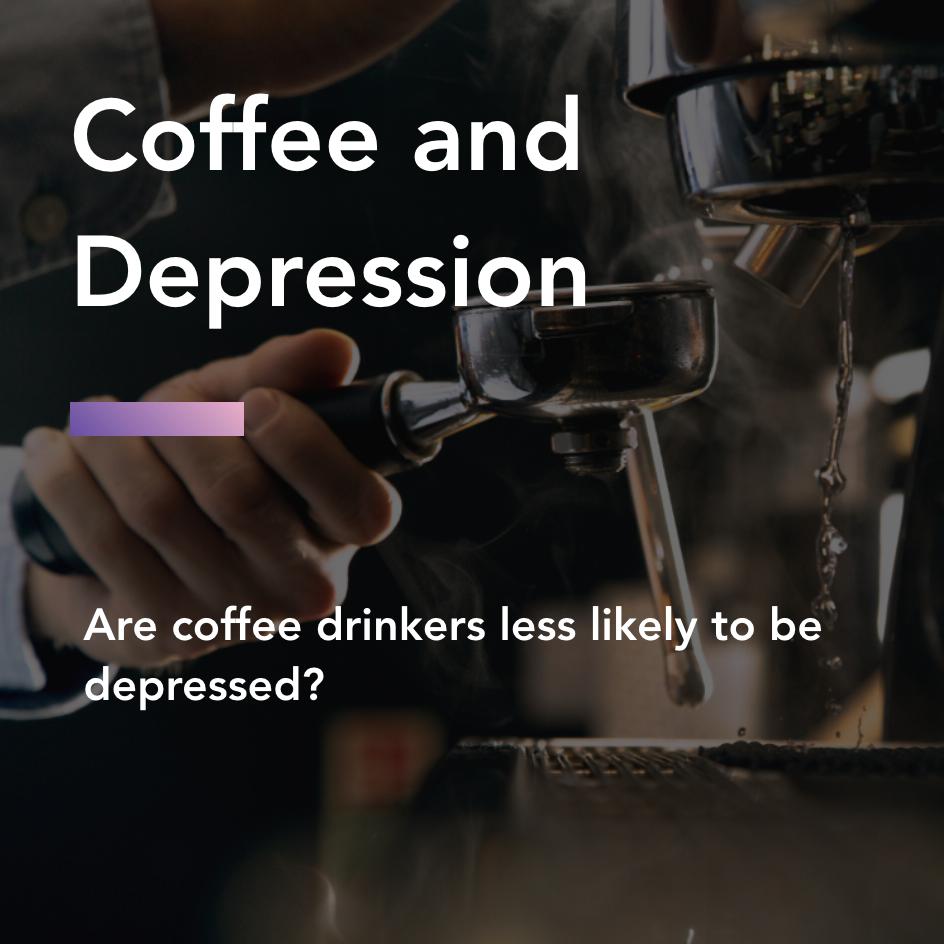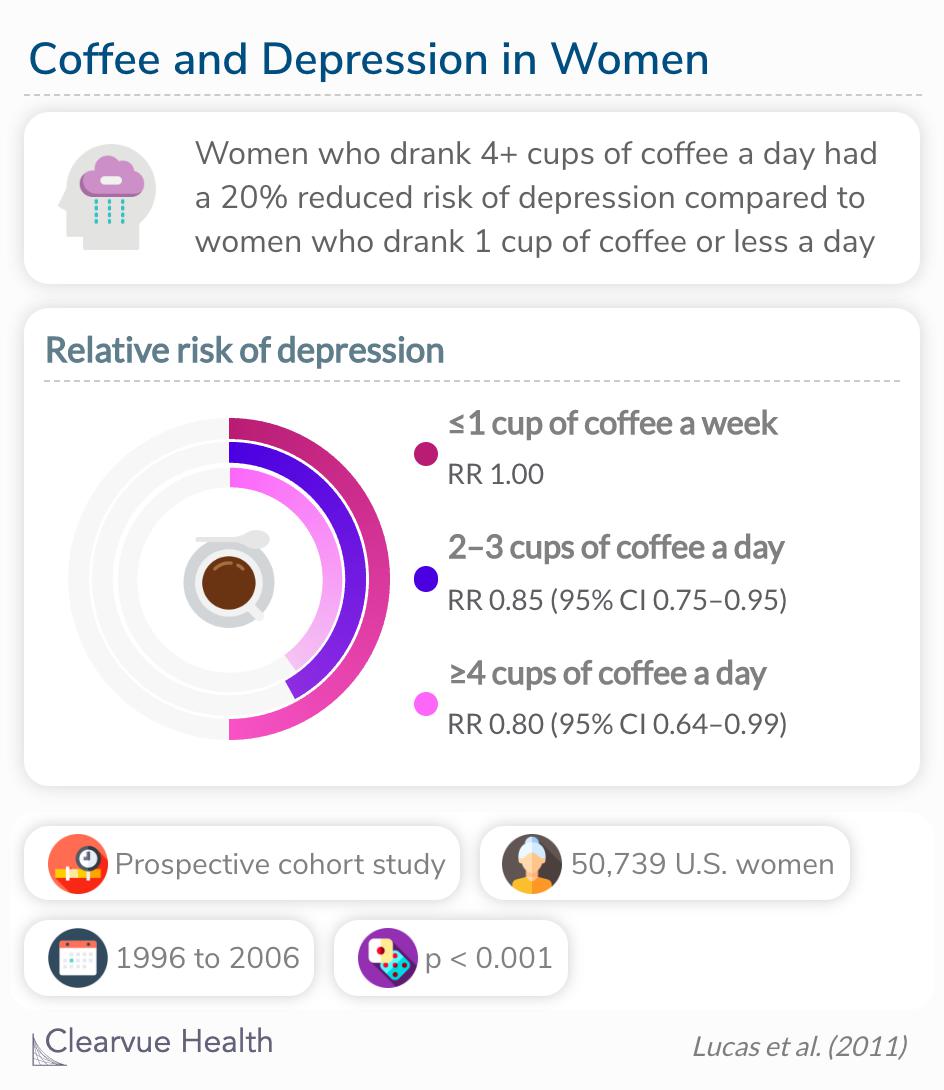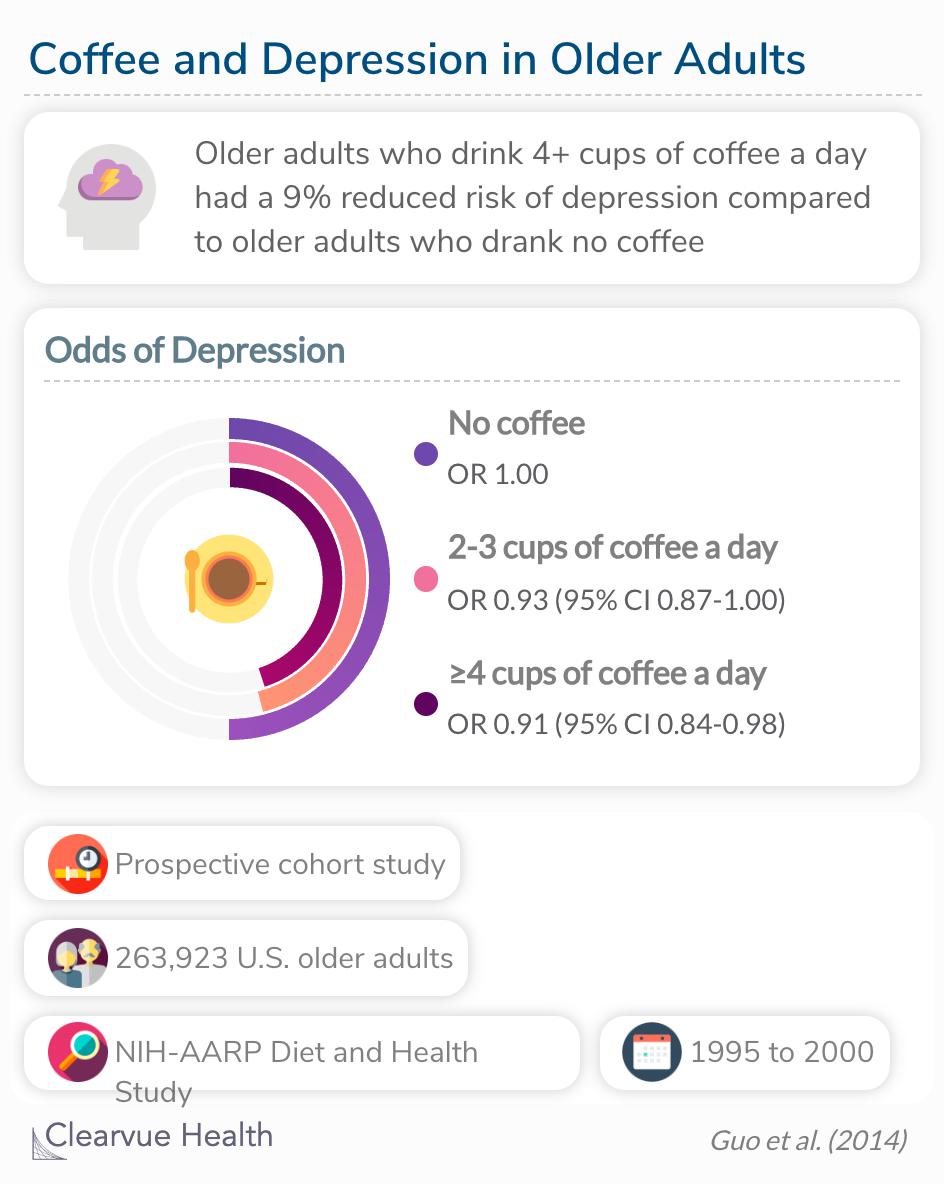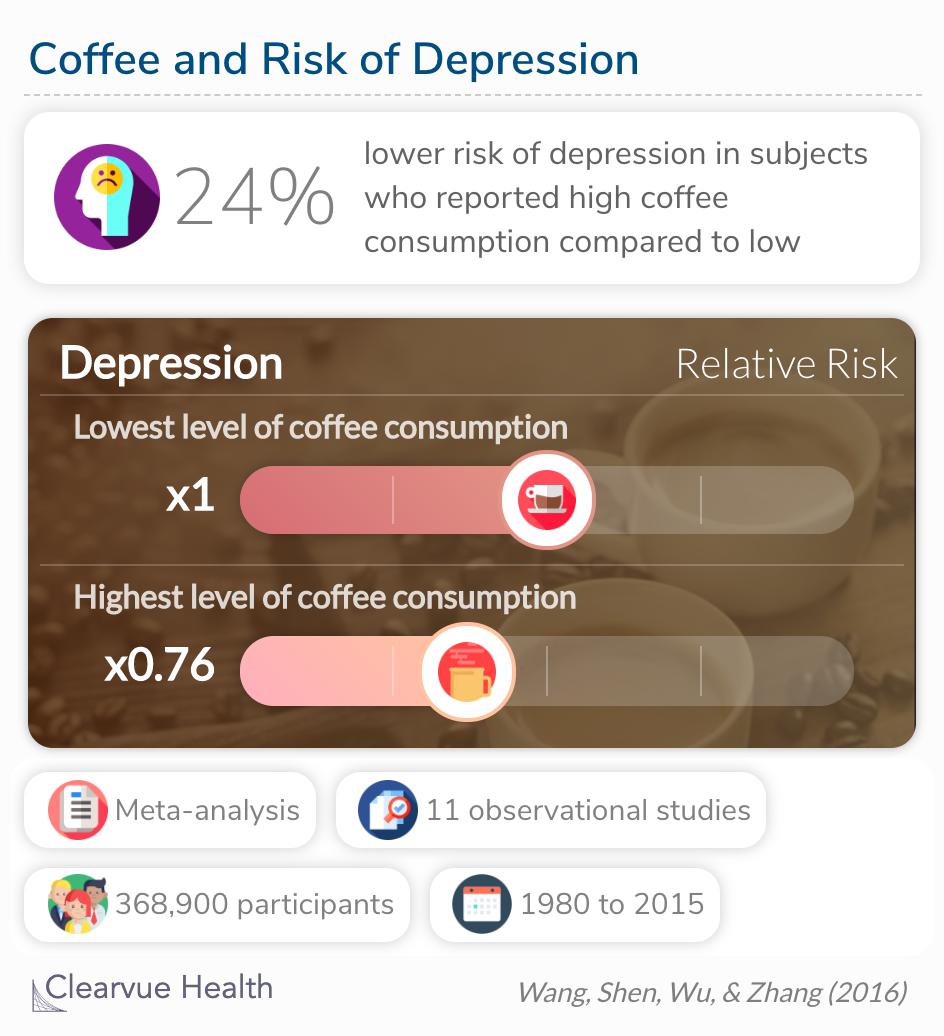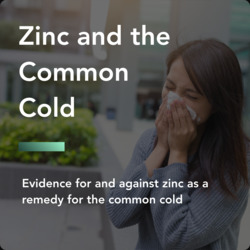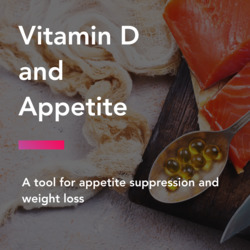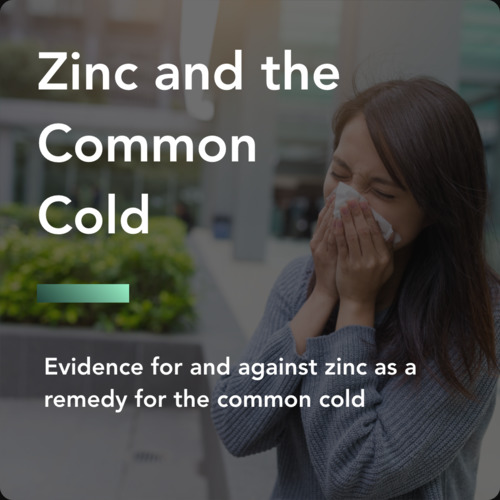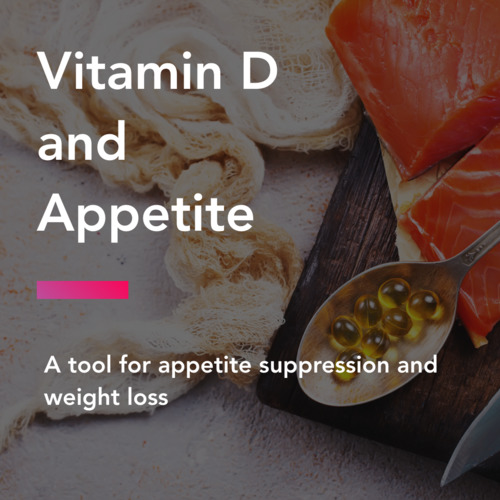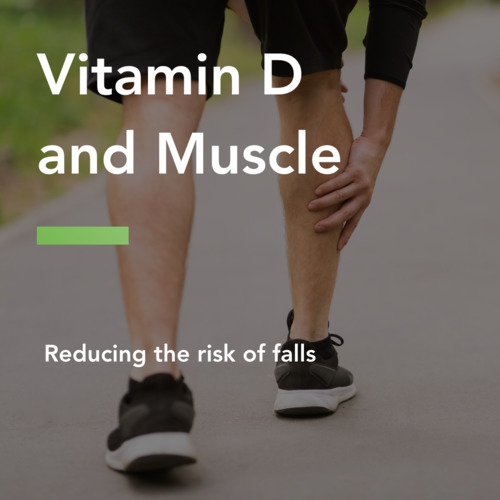coffee and depression: are coffee drinkers less likely to be depressed?
Exciting research is coming out about the benefits of coffee. Starbucks advertises "that first sip feeling", and coffee lovers know exactly what they mean. Coffee is often associated with positive feelings such as sociability, productivity, and energy. New research aims to understand the specific ways in which coffee impacts our mood and psychological well-being. In this article, we discuss three studies that examined the link between coffee and depression.
Study 1
The first study looked at the association between coffee and depression in women. After 10 years of data collection, researchers used their findings to compare coffee consumption habits among women who did and did not develop depression.
Compared to women consuming caffeinated coffee less frequently (≤1 cup/wk), multivariate relative risk of depression was 0.85 (95% confidence interval [CI], 0.75 to 0.95) for those consuming 2–3 cups/d and 0.80 (95%CI, 0.64 to 0.99; P trend <0.001) for those consuming ≥4 cups/d.
Source: Coffee, Caffeine, and Risk of Depression Among Women
In this study, researchers began to see a reduction in depression risk in women starting at 2 cups of coffee a day. The risk of depression decreased as coffee consumption increased, indicating a dose-response. This suggests a linear relationship between coffee intake and depression risk. Interestingly, decaffeinated coffee was not associated with depression risk in this sample. This could imply that caffeine plays a role in depression prevention.
Study 2
The next study is very similar to the last study, but these researchers focused on a sample of older adults. They looked at the dietary habits and health status of older adults in a 5-year study. As a whole, the study reviewed the health impact of sweetened beverages, coffee, and tea. For the purpose of this article, we will look solely at the coffee outcomes.
Coffee drinking was associated with a lower risk for depression (OR for ≥4 cups/day vs. none = 0.91 (0.84–0.98), P for trend<0.0001).
Source: Sweetened beverages, coffee, and tea and depression risk among older US adults
Similarly, researchers observed a lower odds of depression in older adults drinking 4 or more cups of coffee a day. With this addition, the research suggests that both women and older adults can benefit mentally from coffee. It is possible that the association between coffee and depression is greater in women than older adults. However, in order to compare these two cohorts accurately, they would need to be analyzed against one another in the same study, at the same time, with the same measures, and with the same statistical test.
Study 3
Lastly, a group of researchers identified a list of observational studies that linked coffee and depression published between 1980 and 2015. The first two studies we covered were included in this meta-analysis, along with others that represented a wider variety of populations. In other words, 11 different population samples were included in this analysis and are, therefore, representative of a larger number of people.
Compared with the lowest level consumption, the pooled relative risk (95% confidence interval) for coffee-depression was 0.757 [0.624, 0.917].
Source: Coffee and caffeine consumption and depression: A meta-analysis of observational studies
If the evidence wasn't clear before, this study solidified the association between coffee and depression. Additionally, researchers found evidence of a dose-response between coffee consumption and depression. They saw an 8% decrease in depression risk for every added cup of coffee per day. According to this study, people categorized as consuming the highest levels of coffee had a 24% decrease in their risk of depression compared to those in the lowest level of coffee consumption. The main issue with these categorizations is that they may be defined differently between studies. For example, one study may define low consumption as zero intakes, while another study defines low consumption as 1-2 cups of coffee a day. This is a classic struggle with meta-analysis because the individual studies were not conducted with the same parameters as one another.
Key Takeaways
All of the studies above agree that a significant level of coffee consumption is associated with a reduced risk of depression. The data disagrees when it comes to the strength of the association and the differences between sub-populations. Additionally, we do not know the exact compounds or neurological responses elicited by coffee that protect against depression. Regardless, it is nice to believe that our morning coffee run could somehow benefit our mental health.
